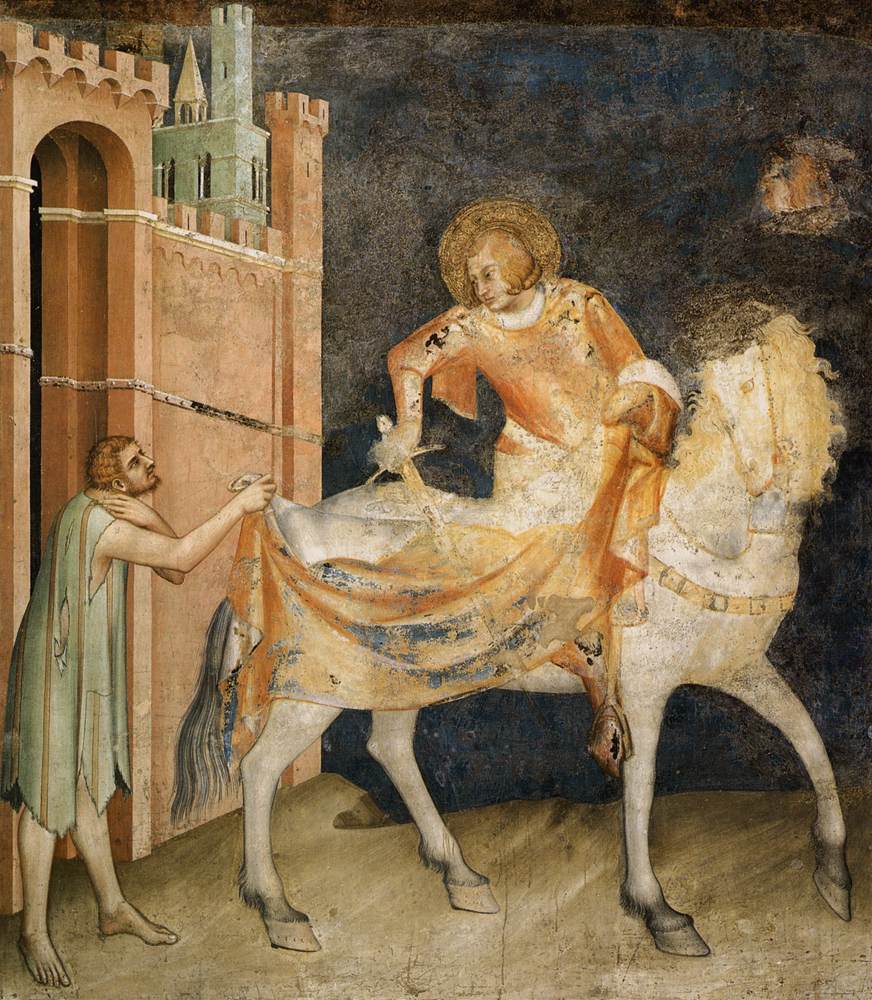The Jubilee Year, a biblical tradition that calls for the forgiveness of debts and the restoration of justice, is a reminder that economic systems should serve people, not exploit them.
PRAYER
Loving God,
You created all people to be equal.
Yet, throughout the world many are struggling
to find even the most basic things they need:
food, water, safety and education.
Many countries experiencing high levels of poverty owe enormous debts to wealthy countries and companies, and millions of vulnerable people suffer as a result.
In this Year of Jubilee,
when we are called to be pilgrims of hope,
we pray for greater justice.
We pray that we might do our part to challenge
unjust situations which cause harm to so many of your people around the world.
May we work to ensure that earth is truly a common home for everyone,
shared by all and enjoyed in security.
May we be instruments of your peace
and builders of the kingdom of which Jesus spoke in your name.
Amen.
(Adapted from the Prayer for Laudato Si’ Week 2025, written by Caritas Australia and the Australian Catholic Bishops Conference Office for Justice, Ecology and Peace.)
TEACHING
From Pope Leo XIV’s Audience to Members of the Diplomatic Corps Accredited to the Holy See (2025):
“Working for peace requires acting justly. As I have already mentioned, I chose my name thinking first of all of Leo XIII, the Pope of the first great social Encyclical, Rerum Novarum. In this time of epochal change, the Holy See cannot fail to make its voice heard in the face of the many imbalances and injustices that lead, not least, to unworthy working conditions and increasingly fragmented and conflict-ridden societies. Every effort should be made to overcome the global inequalities – between opulence and destitution – that are carving deep divides between continents, countries and even within individual societies.
“It is the responsibility of government leaders to work to build harmonious and peaceful civil societies. This can be achieved above all by investing in the family, founded upon the stable union between a man and a woman, “a small but genuine society, and prior to all civil society.” In addition, no one is exempted from striving to ensure respect for the dignity of every person, especially the most frail and vulnerable, from the unborn to the elderly, from the sick to the unemployed, citizens and immigrants alike.”
From Pope Francis’ Encyclical Letter Laudato Si’ on Care for our Common Home (2015):
“51. Inequity affects not only individuals but entire countries; it compels us to consider an ethics of international relations. A true “ecological debt” exists, particularly between the global north and south, connected to commercial imbalances with effects on the environment, and the disproportionate use of natural resources by certain countries over long periods of time.
“52. The foreign debt of poor countries has become a way of controlling them, yet this is not the case where ecological debt is concerned. In different ways, developing countries, where the most important reserves of the biosphere are found, continue to fuel the development of richer countries at the cost of their own present and future. … The developed countries ought to help pay this debt by significantly limiting their consumption of non-renewable energy and by assisting poorer countries to support policies and programmes of sustainable development.”

TESTIMONY
 “Bula vinaka. I’m Leba Tamari, Advocacy Coordinator at Caritas Fiji. I’ve worked in community development across Fiji, addressing unemployment, school dropouts, and poverty. Some of our provinces have been pronounced to be below the poverty line. These issues are rapidly increasing yet there are little resources to address the issues.
“Bula vinaka. I’m Leba Tamari, Advocacy Coordinator at Caritas Fiji. I’ve worked in community development across Fiji, addressing unemployment, school dropouts, and poverty. Some of our provinces have been pronounced to be below the poverty line. These issues are rapidly increasing yet there are little resources to address the issues.
“Debt is a major barrier to progress. Our leaders have acknowledged that much of Fiji’s national debt is climate-related. This debt restricts our ability to invest in essential services such as healthcare, education, and infrastructure. Communities are left vulnerable, unable to adapt to the growing impacts of climate change. Villages like Levuka and Lakeba still suffer from eroded seawalls and rising seas, despite adaptation plans being in place for years.
“I’ve seen firsthand the heartbreak of families losing their homes and even ancestral graves to the encroaching ocean. One woman told me, “Not a single cent has come to my rescue.” She plants coconut trees and uses old tires to protect her land.
“Fiji is crying out for help. It is everyone’s moral obligation to contribute to save our planet.”
– Leba Tamari, Advocacy Coordinator, Caritas Fiji.
PRAYERS OF INTERCESSION
For the whole human family, that we may all embrace each other with justice, dignity and respect.
We pray to the Lord.
For peoples and nations that live under the yoke of debt, that they may flourish in freedom.
We pray to the Lord.
ADDITIONAL RESOURCES
Weathering the Storm: Addressing Debt and Climate Vulnerability in the Pacific (Caritas Australia, 2024).
Encyclical Letter ‘Laudato Si’’, on Care for our Common Home, Pope Francis, 2015.
Message of Pope Francis for the 58th World Day of Peace, 2025.